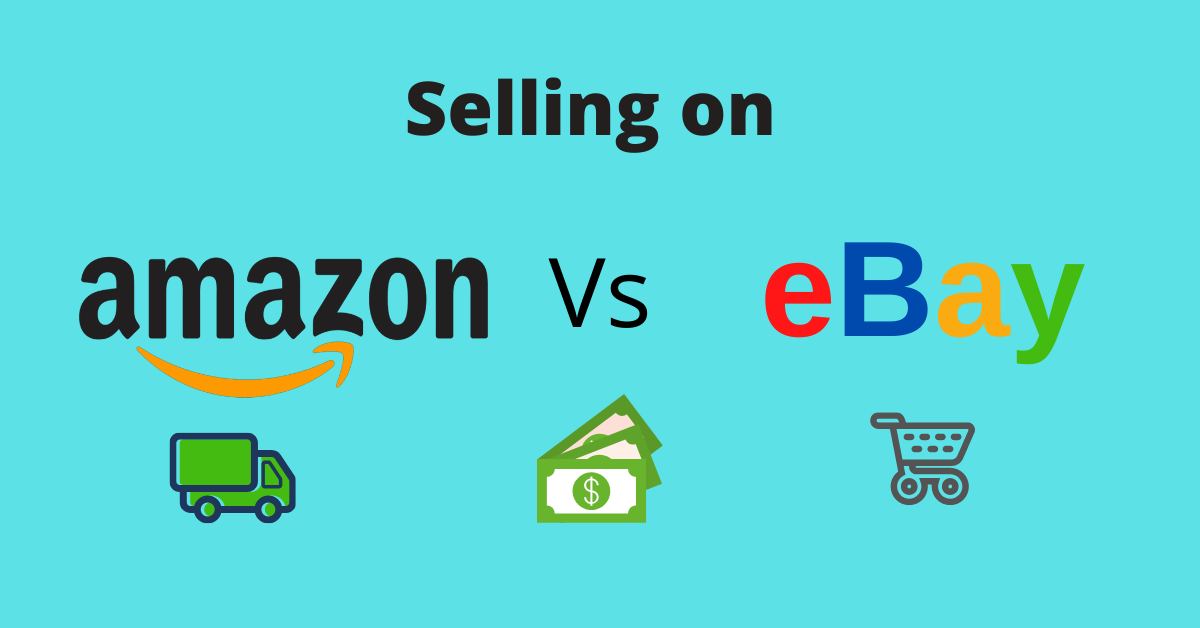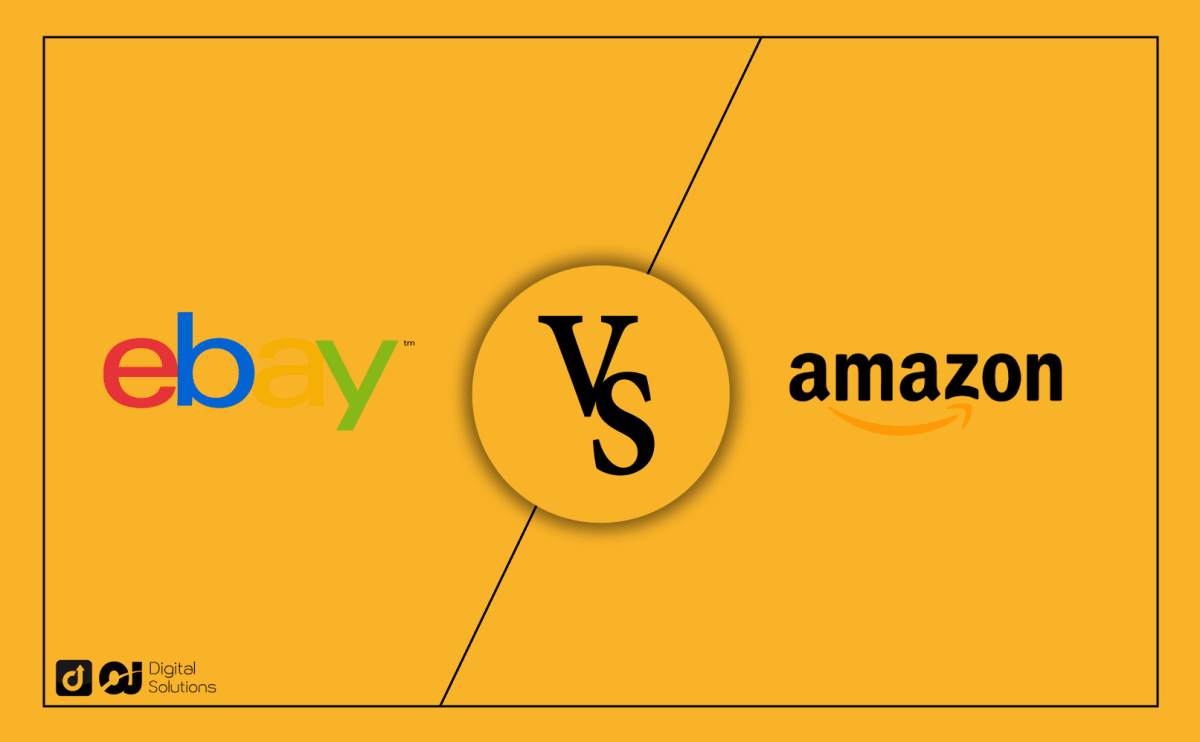Is Ebay More Ethical Than Amazon
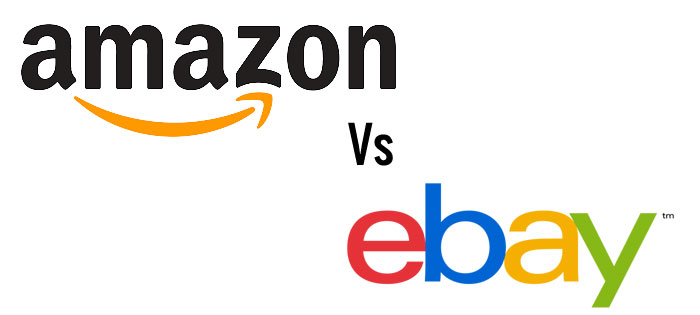
Imagine strolling through a bustling marketplace, vendors hawking their wares, each interaction a dance of negotiation and trust. Now, picture that same marketplace digitized, amplified to a global scale. Two names loom large in this digital bazaar: eBay and Amazon.
While both connect buyers and sellers, a deeper look reveals significant differences in their operational philosophies, raising the question: In the complex landscape of e-commerce, is eBay a more ethical choice than Amazon?
This article dives into the core aspects of each platform, examining their treatment of sellers, workers, environmental impact, and data privacy to provide a nuanced understanding of their ethical standings.
The Tale of Two Marketplaces
eBay, founded in 1995, pioneered the online auction and marketplace model. It primarily acts as an intermediary, connecting individual sellers with buyers. Amazon, launched in 1994, started as an online bookstore but quickly evolved into a sprawling e-commerce giant, selling its own products alongside those of third-party sellers.
The fundamental difference lies in their roles. eBay is largely a platform provider, while Amazon is both a platform and a retailer, a distinction with profound ethical implications.
Seller Relationships: A Question of Partnership
One of the key areas where eBay and Amazon diverge is their relationship with sellers. eBay’s model emphasizes seller autonomy.
Sellers have greater control over pricing, listing details, and customer interactions. This empowerment fosters a sense of partnership, albeit within eBay’s guidelines.
Amazon, on the other hand, exercises more control over its marketplace. While offering immense reach, sellers often feel pressured by Amazon’s pricing algorithms, private-label competition (where Amazon creates and sells competing products), and stringent performance metrics.
Numerous reports and seller testimonies highlight the challenges of competing with Amazon's own brands. This perceived unfairness raises ethical concerns about Amazon's market dominance and potential anti-competitive practices.
"Selling on Amazon feels like walking on eggshells. You're constantly worried about getting suspended for a minor infraction or seeing Amazon launch a competing product based on your best-selling item," said a former Amazon seller, quoted in a 2021 *Wall Street Journal* article.
eBay’s approach, while not without its own challenges, generally provides sellers with more agency and a greater share of the profits.
Labor Practices: The Human Cost of Convenience
Ethical considerations extend beyond seller relationships to encompass labor practices. Amazon's warehouse and delivery worker treatment has been a subject of intense scrutiny.
Reports frequently cite demanding quotas, grueling work conditions, and high injury rates. The pressure to meet delivery deadlines often overshadows worker well-being.
While eBay doesn't directly employ warehouse or delivery staff on the same scale as Amazon, it relies on third-party shipping companies. The onus falls on individual sellers to ensure ethical labor practices are upheld in their own operations and by their chosen shipping partners.
However, because of the smaller scale of most eBay sellers, there is a possibility that those businesses are more attuned to the needs of their (fewer) employees.
Amazon has pledged to improve worker safety and working conditions, investing in automation and ergonomic solutions. However, critics argue that these efforts are insufficient and that a fundamental shift in company culture is needed.
Environmental Impact: A Footprint of Consumption
E-commerce, by its nature, contributes to environmental concerns. Shipping packages across the globe generates carbon emissions, and packaging waste adds to landfills. Both eBay and Amazon face challenges in mitigating their environmental impact.
Amazon has invested heavily in renewable energy, aiming to power its operations with 100% renewable energy by 2025. The company also launched the Climate Pledge, committing to net-zero carbon emissions by 2040.
eBay's environmental impact is somewhat different due to its focus on used and vintage goods. By facilitating the resale of items, eBay promotes a circular economy, extending the lifespan of products and reducing the demand for new manufacturing.
However, eBay still faces challenges related to packaging and shipping emissions. The company has encouraged sellers to use sustainable packaging and has partnered with organizations to offset carbon emissions from shipping.
A 2022 report by the Ellen MacArthur Foundation highlighted the potential of circular economy models to reduce waste and emissions, noting eBay's role in facilitating the resale of goods.
Data Privacy: Who Owns Your Information?
In the digital age, data privacy is a crucial ethical consideration. eBay and Amazon collect vast amounts of user data, from browsing history to purchase patterns.
Amazon's data collection practices are more extensive, as the company uses data to personalize product recommendations, target advertising, and optimize its own product offerings. Concerns have been raised about Amazon's use of third-party seller data to inform its private-label strategy.
eBay also uses user data to personalize the shopping experience and target advertising, but its data collection practices are generally considered less intrusive than Amazon's. eBay provides users with more control over their data and allows them to opt-out of certain data collection practices.
Both companies have faced scrutiny over their data security practices. Data breaches can expose sensitive user information, leading to identity theft and financial fraud.
Ensuring robust data security and transparency about data usage are essential for maintaining user trust and upholding ethical standards.
A Matter of Degree: No Easy Answers
Determining whether eBay is inherently "more ethical" than Amazon is not a simple task. Both platforms have strengths and weaknesses, and their ethical performance varies across different areas.
eBay's emphasis on seller autonomy and its role in promoting a circular economy give it an edge in certain aspects. Amazon's investments in renewable energy and its commitment to carbon neutrality are commendable steps toward environmental sustainability.
However, Amazon's labor practices and data privacy concerns remain significant challenges. Consumers must weigh these factors when making purchasing decisions.
Ultimately, choosing between eBay and Amazon, or choosing to support smaller, more ethically focused businesses, involves aligning one's values with the practices of the companies they support.
Perhaps the most ethical approach is to be an informed consumer, researching the practices of the companies you patronize and advocating for change when necessary. The future of e-commerce depends not only on technological innovation but also on a commitment to ethical business practices and responsible consumption.
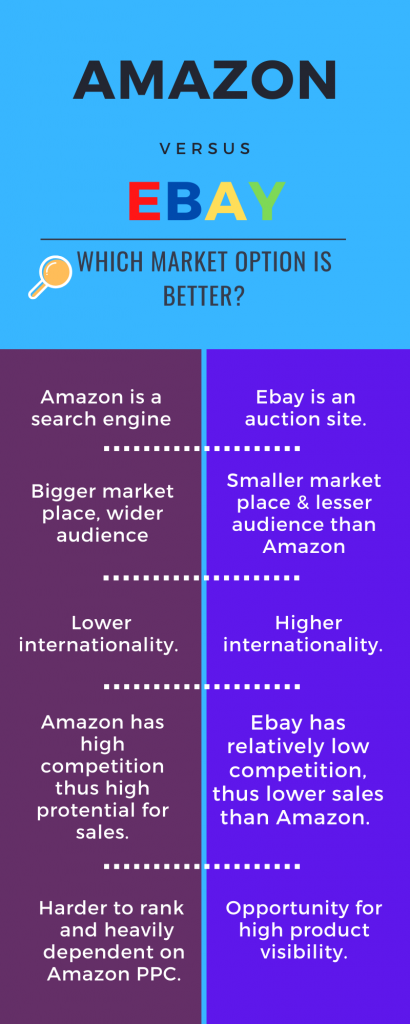
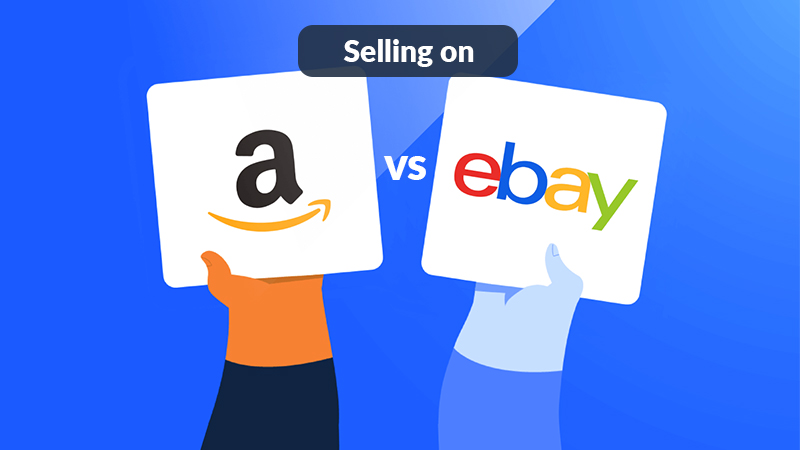





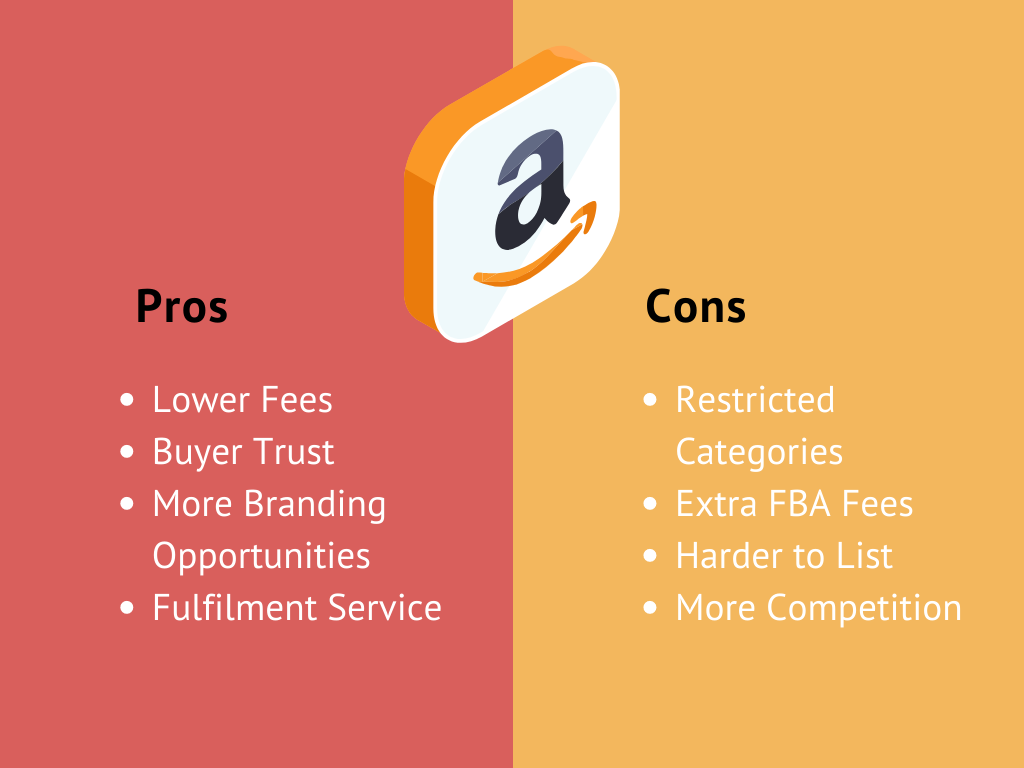
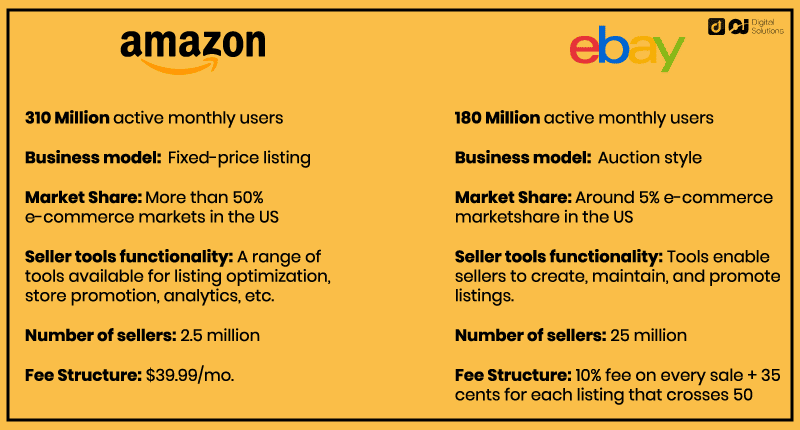





![Is Ebay More Ethical Than Amazon Amazon vs eBay Comparison: Which is better? [Jun 2023 ]](https://litcommerce.com/blog/wp-content/uploads/2021/09/Selling-on-Amazon.webp)
